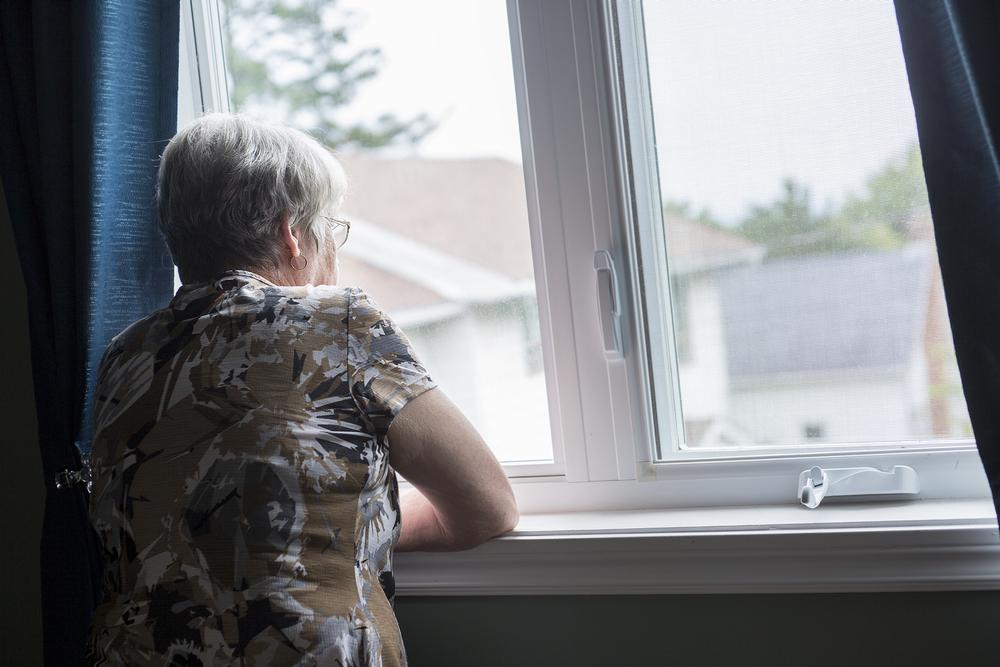An Australian study has found that older adults with poor social health—who also have low social support and are isolated—were 42 percent more likely to develop cardiovascular disease (CVD), and twice as likely to die from it.
The study’s authors define low social support as having a circle of four or less relatives or close friends to reach out to for help or discuss private matters.





